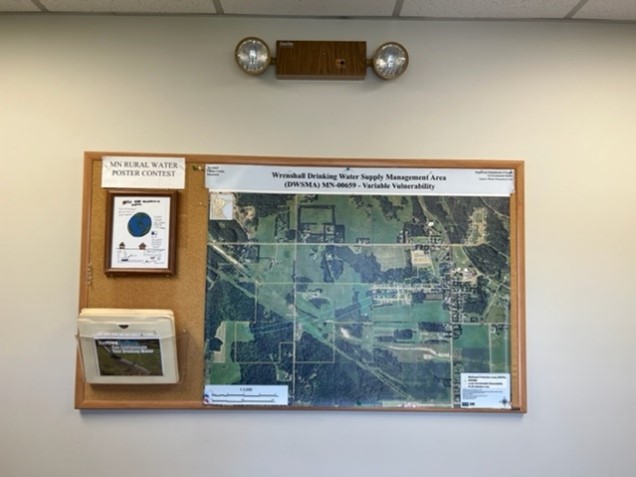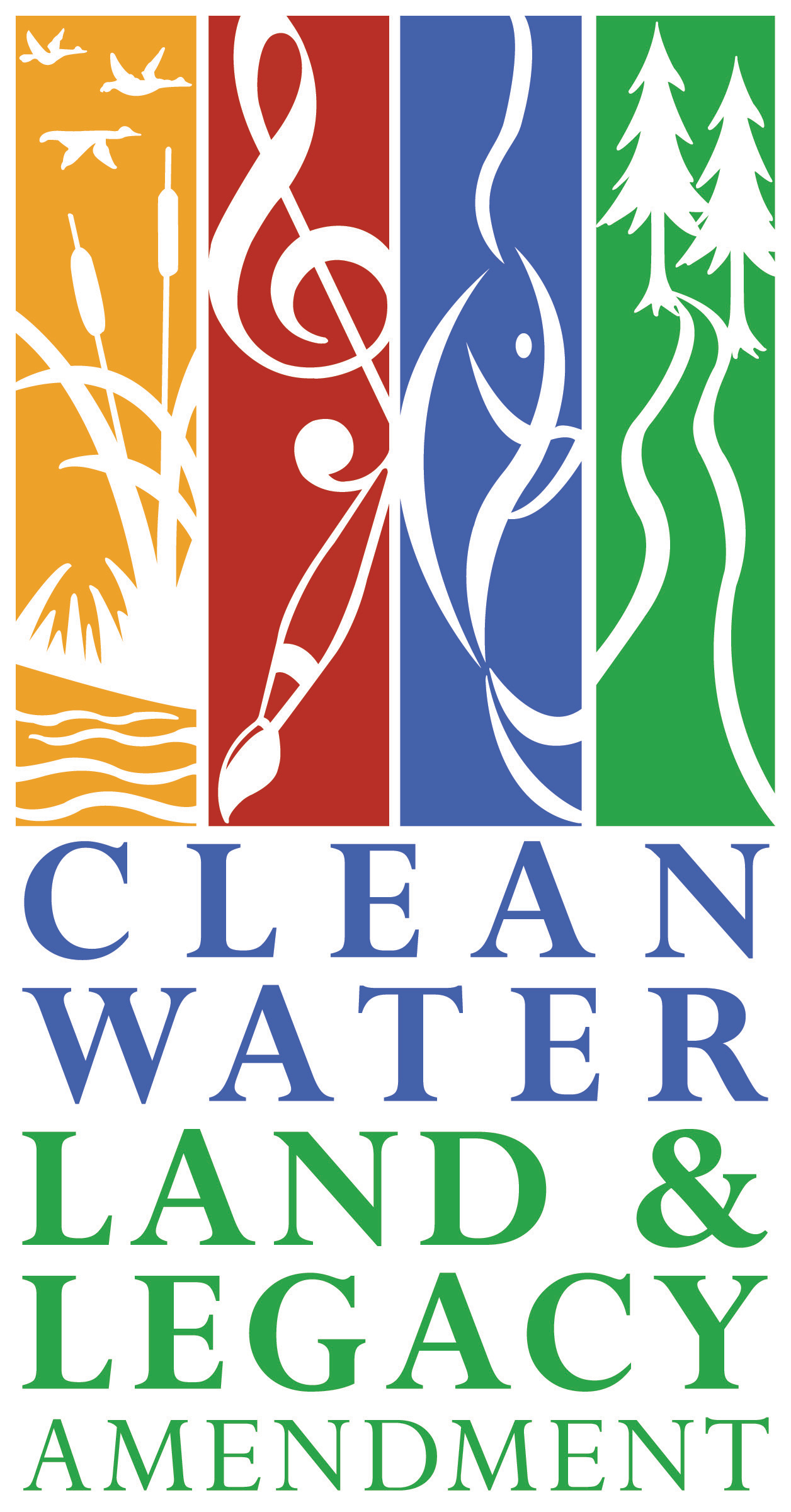Source Water Protection (SWP)
- SWP Home
- Protecting Drinking Water Sources
- SWP Requirements and Recommendations
- SWP Grants
- Groundwater Protection Initiative - Accelerated Implementation Grant
- SWP Awards
- Laws and Rules
- SWP Web Map Viewer
- Surface Water Program
- SWP Reports and Data
- SWP Implementation Resources
- Source Water Assessments
- Stories from the Source
Related Topics
- Water: Business and Government
- Drinking Water Information for Consumers
- Water Testing and Data Reports
- Minnesota Well Index
- Clean Water Fund
Environmental Health Division
Wrenshall Protects Drinking Water Through Emergency Preparation and Community Engagement
Stories from the source

Wrenshall has taken a proactive stance on emergency preparedness regarding the active and abandoned pipelines in their Drinking Water Source Management Area (DWSMA). The city works with the owners of the pipeline and community residents to discuss how they would all work together in case of an unexpected leak or break that may affect the drinking water. Additionally, city staff and the local fire department created an action plan and participate in spill response training to prepare and decrease reaction time in the event of an unexpected leak or break. The city is also engaged and aware of county zoning and land use changes that may impact their DWSMA. This proactive and engaging approach to drinking water protection efforts between city council members, staff, and residents fosters trust and transparency to protect the community’s drinking water.
Minnesota Department of Health (MDH) awarded the city of Wrenshall $4,761 in Source Water Protection Plan Implementation Grants, made possible by the Clean Water Fund, to complete various activities to protect its source of drinking water. Activities included purchasing spill sorbent kits, wiring the well house for a generator to provide backup power, and televising the city well to monitor for flaws in the well casing. Wrenshall also built a wellhead protection display at city hall to show a map of the DWSMA and exhibit other wellhead related items.
The city of Wrenshall is an exceptional example of a community proactively protecting its drinking water sources through communication, planning, and engagement. The community has diligently worked to educate residents, including children, on the importance of wellhead protection. Until the COVID-19 pandemic, city staff and members from the Minnesota Rural Water Association (MRWA) traveled to the local school and presented groundwater models, explained aquifers, and the importance of protecting drinking water to 4th graders to foster interest in drinking water protection. The city has done an outstanding job of communicating technical information on above and below ground storage tanks, well management, and the importance of sealing unused wells. With these efforts to increase awareness and community engagement around source water protection, Wrenshall’s work with MRWA and MDH demonstrates true success in protecting public health.

